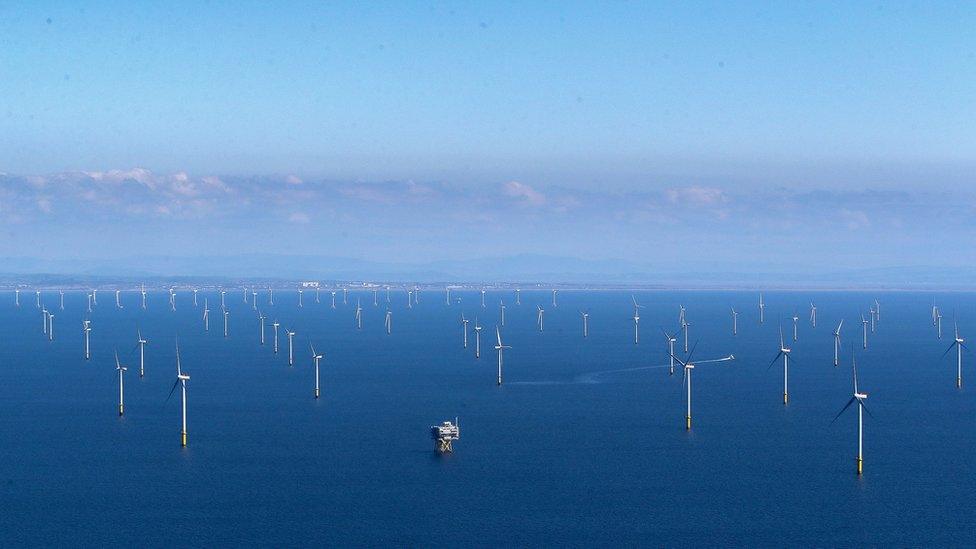Impact of wind farm turbines on seabed investigated
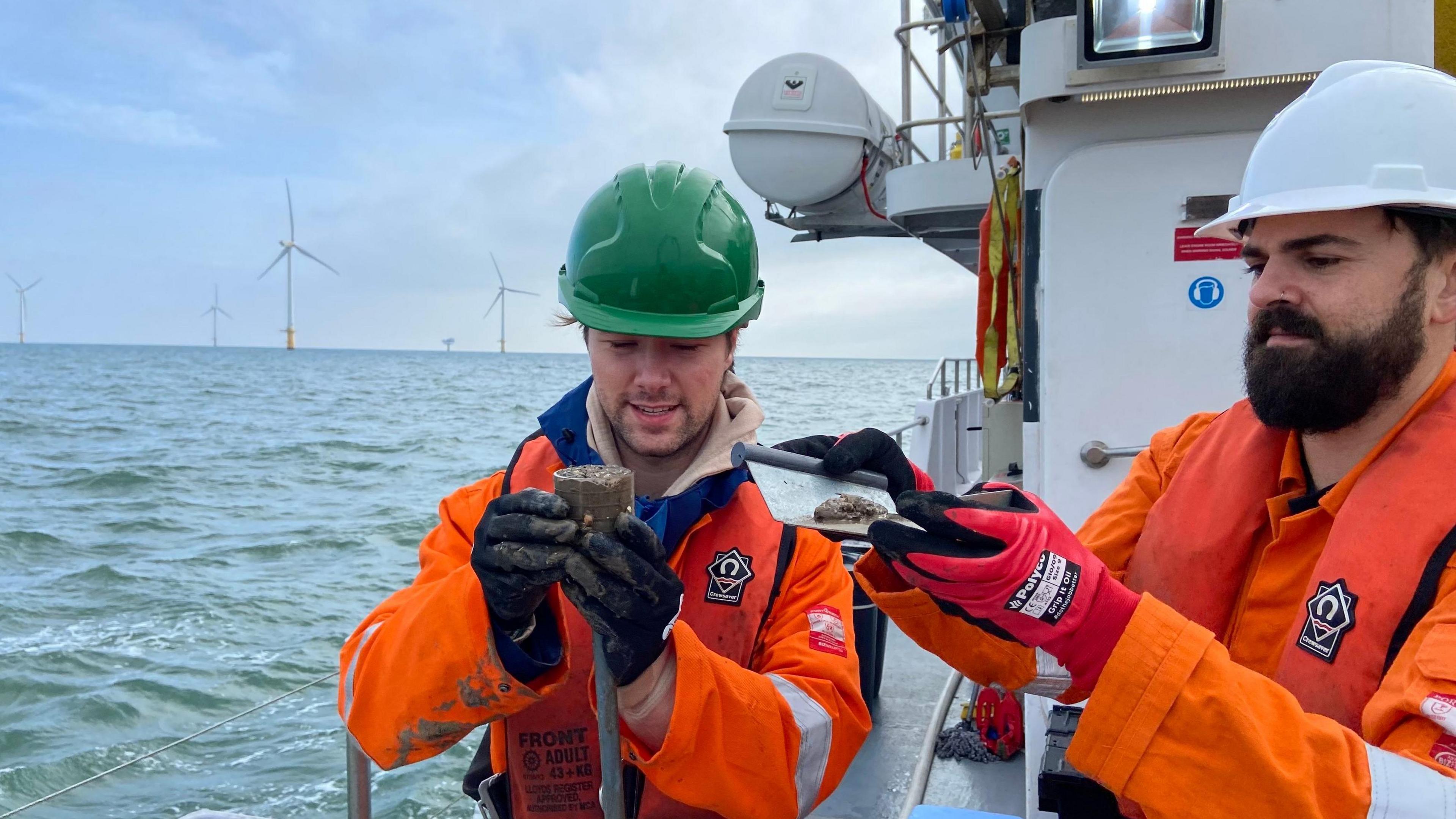
The University of Essex researchers collected samples from the seabed off the coast of Cumbria
- Published
The environmental impact of wind farm turbines on the seabed is being investigated in a "hugely important" study.
Researchers from the University of Essex have taken a series of samples from one of the UK's oldest active offshore wind farms, which is off the coast of Cumbria.
Dr Natalie Hicks, from the university, said: "We know our demand for net zero energy targets means we have seen an increase in offshore wind farms, so understanding any environmental effects of these wind farms is urgent."
The Danish energy firm Orsted, which runs the farm, said: "By taking a science-led approach, we can ensure that renewable energy, such as offshore wind, continues to be deployed sensitively."
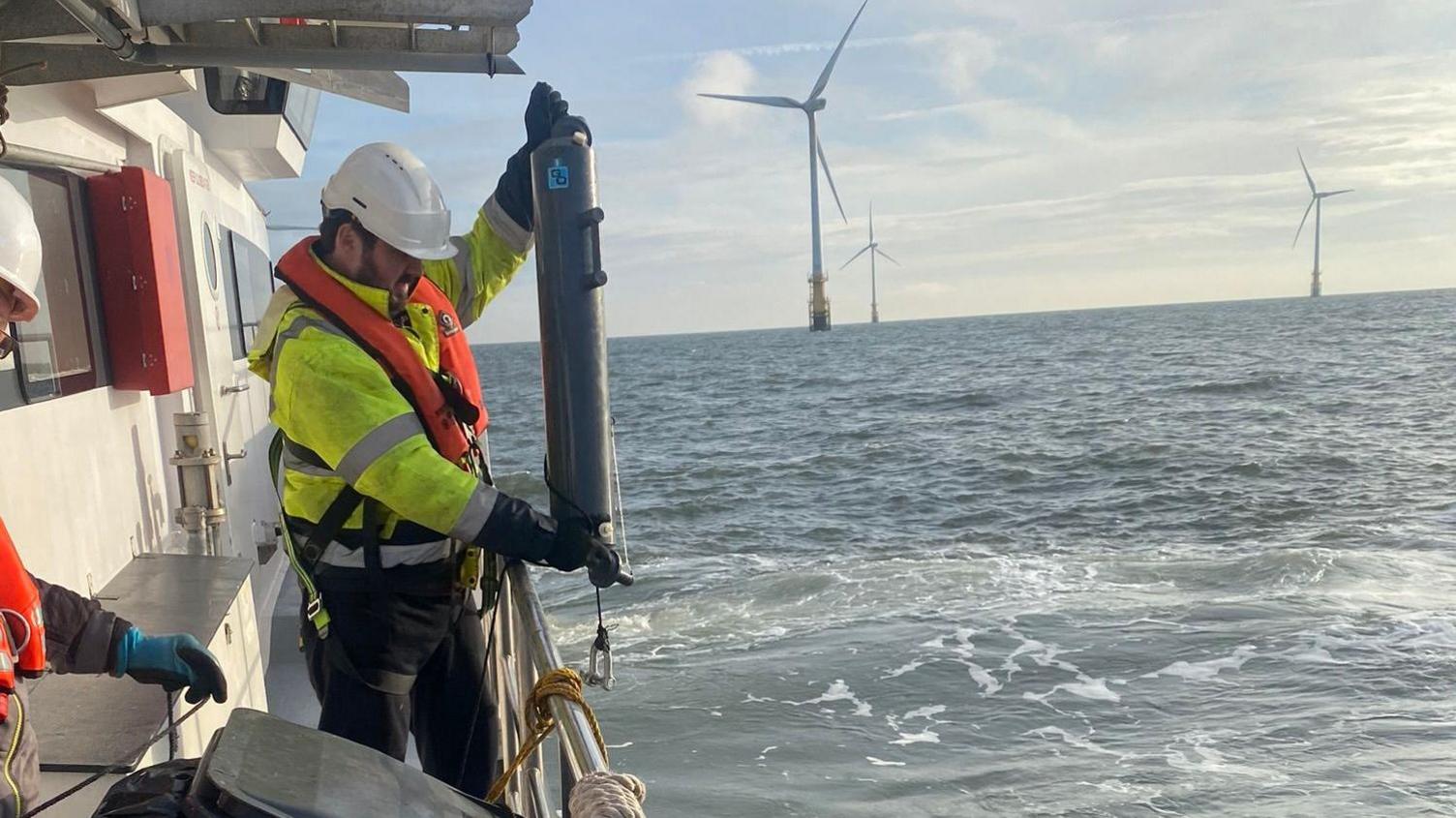
Dr Natalie Hicks said there is an urgent need to understand any environmental effects the windfarms might have on the seabed
Researchers chartered a private survey vessel to carry out their expedition.
They took samples from as close as 50m (164ft) to the turbines to as far as one mile (1.6km) away, which are now being analysed.
The Essex University-led project is being carried out with Orsted, the University of St Andrews and the government's marine experts, the Centre of Environment Fisheries and Aquaculture Science (CEFAS).
Dr Hicks, from the Essex University's school of life sciences, described the research as "hugely important" and added "collaborating with industry as key to gathering data".
"We hope this research will feed directly into policy decision-making around offshore wind consenting," she said.
"We know we are going to see an increase in offshore wind, so timely and evidence-based decisions are going to need to be made by policymakers."
The team hope to discover how the turbines may affect biodiversity, carbon storage and seabed composition.
Marine scientists will also compare the effects of decommissioned oil platforms to get a snapshot of how fossil fuel and renewable energy assets vary in their impacts.
"Too often we make assumptions about what is occurring in our marine environment when considering human activities, we need the type of research activity highlighted here to determine whether our assumptions are correct and to provide more confidence in our understanding," said a CEFAS spokesperson.
Get in touch
Do you have a story suggestion for Essex?
Follow Essex news on BBC Sounds, Facebook, external, Instagram, external and X, external.
Related topics
- Published29 August 2024
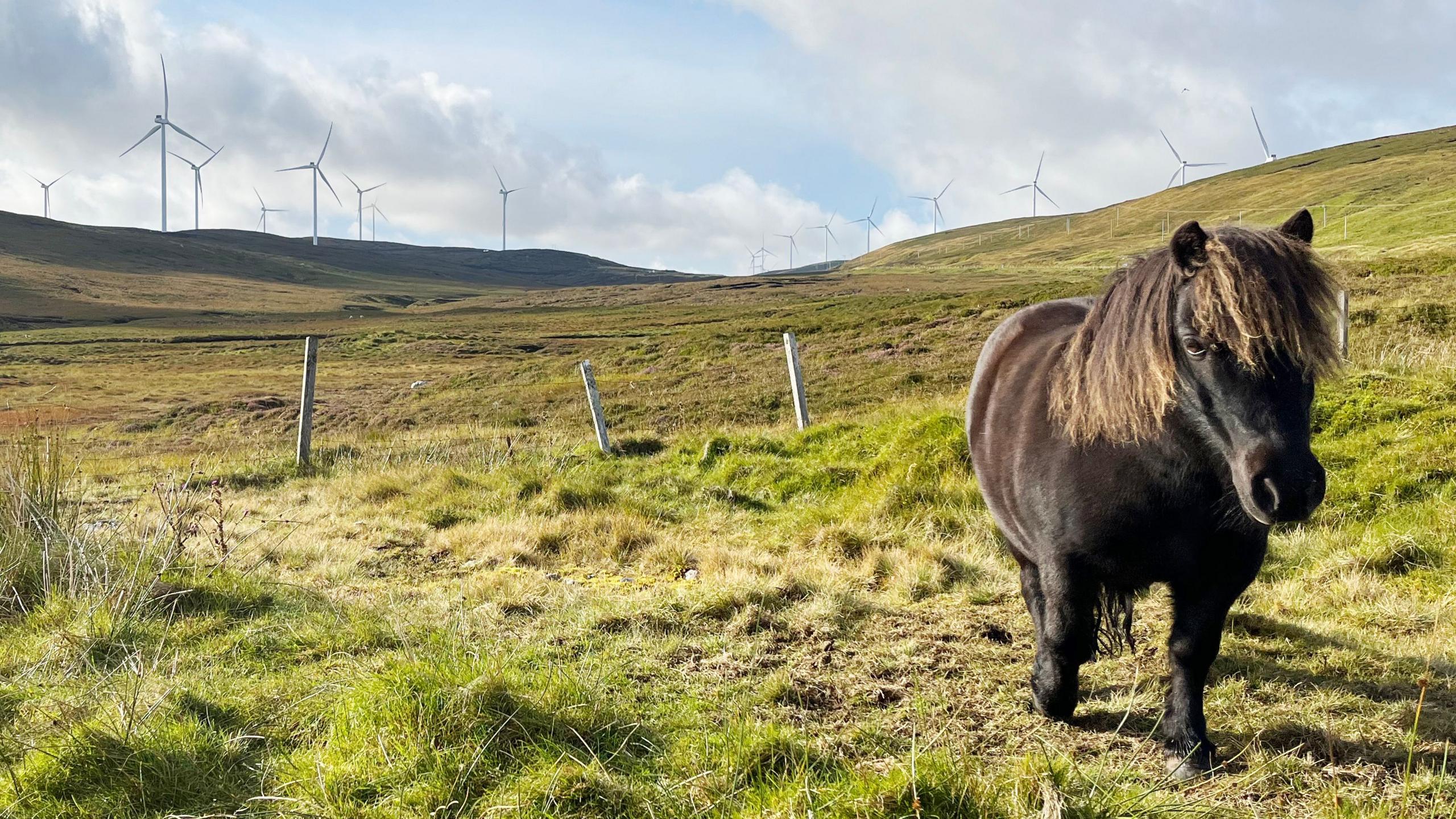
- Published18 April 2024
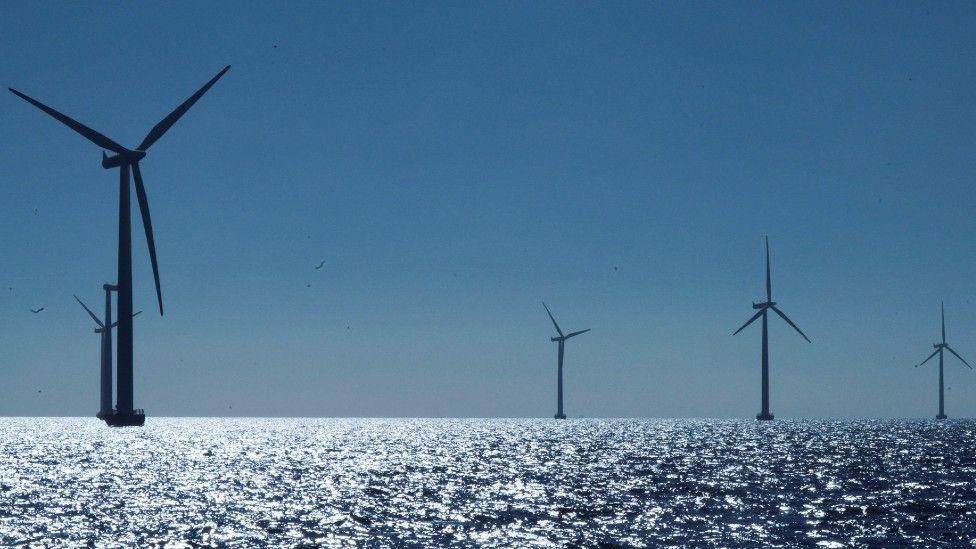
- Published6 September 2018
